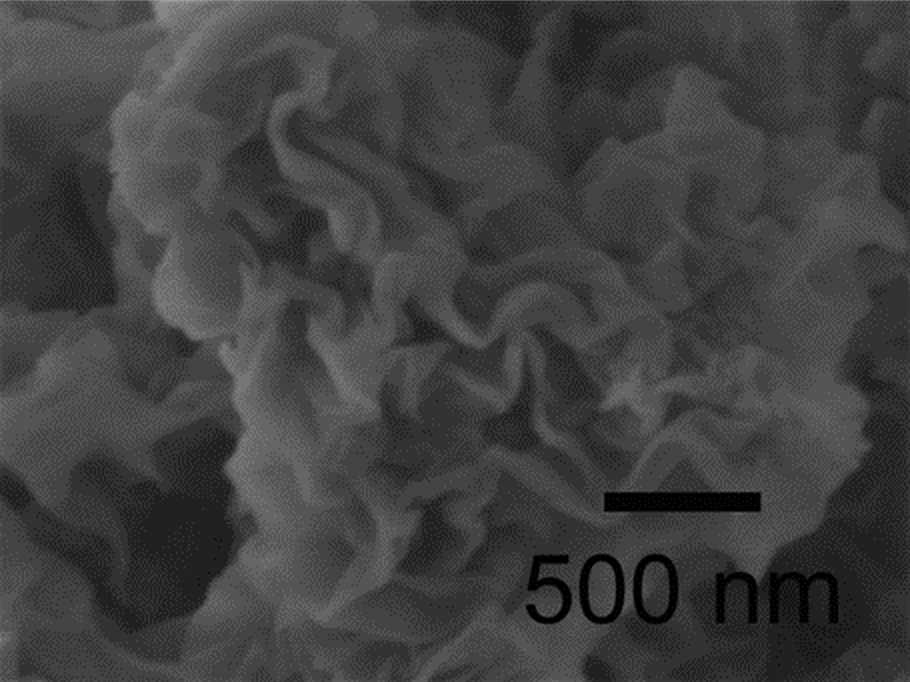


Corals are great at absorbing toxic heavy metals, which is one of the many reasons they are dying off. Now researchers have created synthetic corals that use these same properties to soak up the pollutants instead.
Industrial and manufacturing processes release heavy metals such as mercury and lead into the ocean. Not only can it kill wildlife, but it can lead to terrible physical and cognitive side effects in humans who consume fish that have absorbed the pollutants as well. In a study published in the Journal of Colloid and Interface Science, researchers at Anhui Jianzhu University in China created nano-sized, coral-like structures that use aluminum oxide to absorb mercury out of the water.
Aluminum oxide has been used before, often in a powdery form or hollow tube shape, to remove pollutants from the water. However, those structures clumped together upon absorption, so they were not as efficient at using their surface area. Instead of grouping together, the new structures are made of nano-sized discs that are self-curling and porous like coral or a plastic loofah, which optimizes their surface area and enhances the absorption properties. The synthetic coral was able to pull 2.5 times more mercury from water than previous aluminum oxide structures.
This is not the first time synthetic corals have been made to solve an environmental issue. Since corals also house more biodiversity than any other shallow-water ecosystem, as they die off, tons of other organisms go with them. To solve this problem, Alex Goad, a designer in Melbourne, Australia created Modular Artificial Reef Structure (MARS), a giant ceramic and concrete reef that snaps together like LEGOS. It won a 2015 Popular Science Invention Award
“Materials that mimic biological adsorbents like coral have potentially huge applications.” said lead author of the study Xianbiao Wang in a press release. “We hope our work provides inspiration for more research into the development of materials that mimic biological organisms.”
